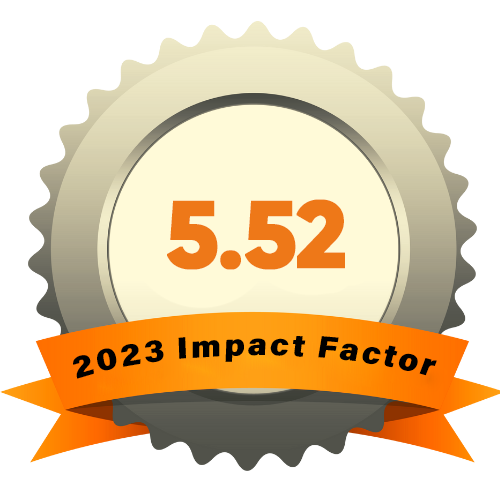THE WAYS OF TEACHING VOCABULARY TO CHILDREN
Keywords:
flashcards, storytelling, children, teacher, parents vocabulary, method, tools, materials, technology, learners.Abstract
This extensive examination explores the various methods used to teach vocabulary acquisition to children. It looks at a number of approaches, such as interactive games, multimedia materials, contextual learning, and conventional rote memorizing. The evaluation of each approach's efficacy is based on its capacity to engage, retain, and adapt to various age groups and learning styles. Furthermore, the commentary delves into the significance of establishing an engaging and encouraging educational setting, integrating multimodal experiences, and cultivating chances for significant language usage. Additionally, it emphasizes the value of modifying instructional approaches to meet the needs and skill levels of each student as well as the support that comes from community resources and parental involvement for vocabulary development outside of the classroom.
References
Brown, H. D. (2014). Principles of language learning and teaching. Pearson Education.
Cárdenas-Hagan, E. (2011). Literacy instruction for English language learners with learning disabilities. Council for Exceptional Children.
Cohen, J. (2014). Strategies for teaching vocabulary. ASCD.
Graves, M. F. (2006). The vocabulary book: Learning and instruction. Teachers College Press.
Marzano, R. J. (2004). Building background knowledge for academic achievement: Research on what works in schools. Association for Supervision and Curriculum Development.
McKeown, M. G., & Beck, I. L. (2004). Direct and rich vocabulary instruction. In R. B. Ruddell & N. J. Unrau (Eds.), Theoretical models and processes of reading (5th ed., pp. 802-838). International Reading Association.
Nagy, W. E., & Scott, J. A. (2000). Vocabulary processes. In M. L. Kamil, P. B. Mosenthal, P. D. Pearson, & R. Barr (Eds.), Handbook of reading research (Vol. 3, pp. 269-284). Lawrence Erlbaum Associates.
Nation, I. S. P. (2001). Learning vocabulary in another language. Cambridge University Press.
Paribakht, T. S., & Wesche, M. (1999). Reading and "incidental" L2 vocabulary acquisition: An introspective study of lexical inferencing. Studies in Second Language Acquisition, 21(2), 195-224.
Pressley, M., & McCormick, C. B. (2007). Child and adolescent development for educators. Guilford Press.
Rasinski, T. V., Padak, N., Newton, J., & Newton, E. (2008). Greek and Latin roots: Keys to building vocabulary. Scholastic.
Snow, C. E., & Uccelli, P. (2009). The challenge of academic language. In D. R. Olson & N. Torrance (Eds.), The Cambridge handbook of literacy (pp. 112-133). Cambridge University Press.
Stahl, S. A. (1999). Vocabulary development. Cambridge University Press.
Swanborn, M. S. L., & de Glopper, K. (1999). Incidental word learning while reading: A meta-analysis. Review of Educational Research, 69(3), 261-285.
Zahar, R., Cobb, T., & Spada, N. (2001). Acquiring vocabulary through reading: Effects of frequency and contextual richness. The Canadian Modern Language Review, 57(3), 541-572.












